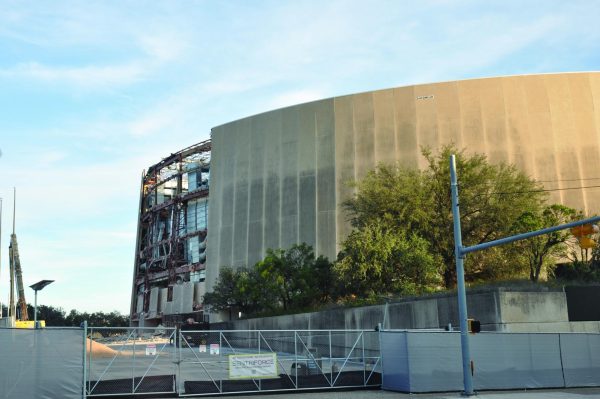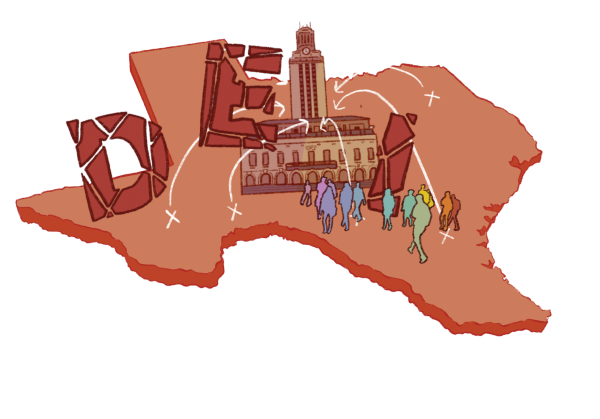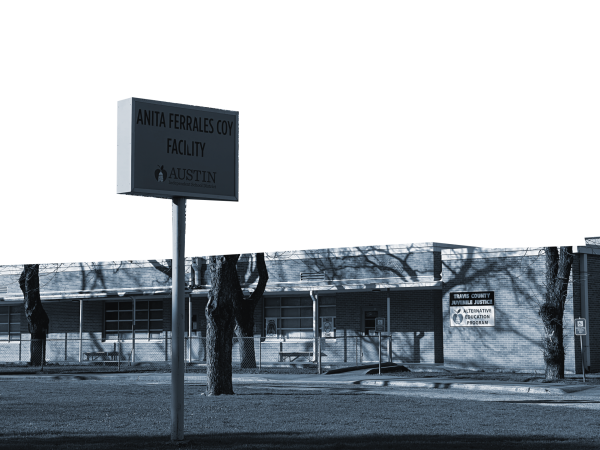Austin’s Affordability Problem: What Happens When Residents Can No Longer Pay Rent?
October 15, 2021
For the last year, Austin has protected residents from being evicted from their homes with an eviction moratorium. But on Oct.15, that moratorium ended, and an estimated 60,000 Austinites were evicted, according to Molly Jensen, executive director of the Austin Tenants Council (ATC).
According to Jensen, there is no longer a prohibition or restriction on issuing notices to vacate for nonpayment of rent in Austin and Travis County. She explained that ATC is responding to roughly 450 calls a month.
However, leaving the eviction moratorium in place would have led to large financial losses for Austin landlords. The Austin City Council’s choice to end the eviction moratorium was complex, and, according to executive director of the Austin Housing Coalition Nora Linares-Moeller, it’s still unclear how it will affect Austin residents.
“The jury’s still out on how the eviction moratorium will affect Austinites,” Jensen said. “Ultimately, there is going to be some problems with the end of the eviction moratorium, but that’s across the board how it’s been with everything.”
Chris Davis, the communications manager at the Ending Community Homelessness Coalition (ECHO), agrees. ECHO advocates for affordable housing in Austin and policies that prevent homelessness.
“Eviction rates are a community-level indicator for risk of homelessness,” Davis said. “The local eviction moratoriums have almost certainly prevented people from becoming unhoused.”
According to Linares-Moeller, the solution to this problem isn’t extending the eviction moratorium further. Instead, Linares-Moeller explained that it all has to do with policies like Austin’s land development code.
“That code hasn’t been fixed in 10 to 15 years,” Linares-Moeller said. “There are also a lot of density bonus programs that need to get tweaked.”
According to Linares-Moeller, density bonus programs allow for developers to build more houses in a certain area than permitted if it is listed as affordable housing. Ultimately, all of the policies that the Austin Housing Coalition is working on have one goal: to make affordable housing an attractive option for land developers.
“This is because, when you’re a developer, you’re looking for the land that you can buy for the cheapest and that can help you make a profit,” Linares-Moeller said.
According to Davis, Austin’s affordable housing needs are high. The City of Austin has received a lot of funding this year, and Davis believes that there’s a chance it could make a real difference in homeless communities.
“We need to build out almost 6,000 units just of permanent housing to meet the current needs of people experiencing homelessness,” Davis said. “That’s an insane number, and that only includes those who have already lost their homes. When you factor in the affordable housing Austinites need to prevent homelessness in the first place, the number of homes needed rises into the tens of thousands.”
Leah Hargrave, founder of the Charlie Center and director of Mosaic Street Ministries, which are two organizations working to end homelessness in Austin by helping homeless individuals access healthcare services and housing navigation, said that there’s a lot of misconceptions about what causes people to become homeless. But unfortunately, according to Hargrave, this problem is not as simple as telling people to “just get a job.”
“The City of Austin has really committed itself to funding homelessness response at levels that are really meaningful and make a big impact,” Davis said. “Both the city and Travis County have committed 100 million dollars each towards homelessness response and affordable housing. That is historic — there is no other way to put it.”
According to Linares-Moeller, the amount of money and people going into Austin’s fight for affordable housing should be reassuring to those facing evictions on Oct. 15. However, it is important to remember that housing takes time to build, according to Davis.
“There’s a big opportunity right now,” Davis said, “and I’m hopeful that we as a community can really capitalize on that.”










